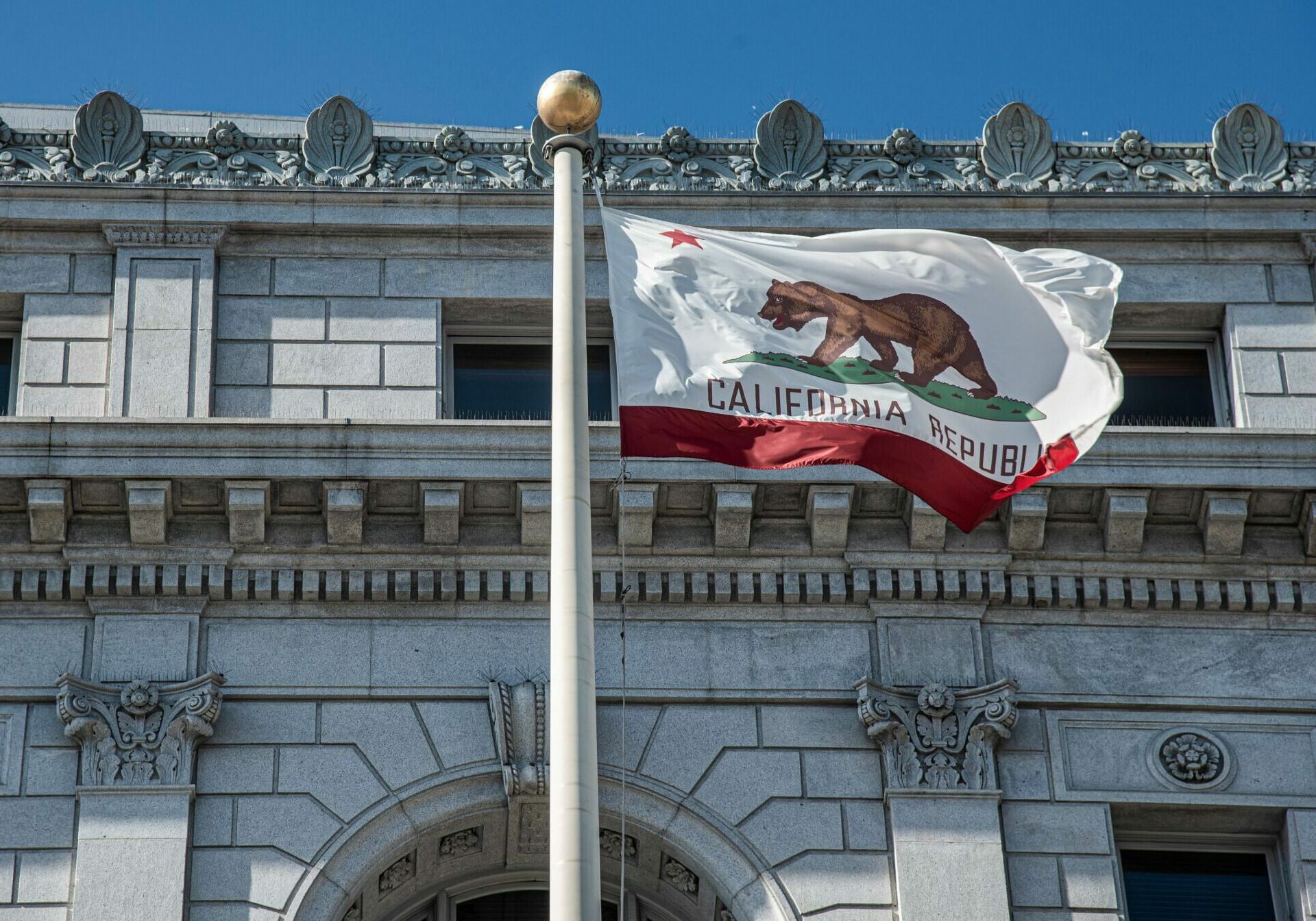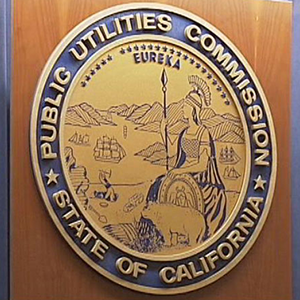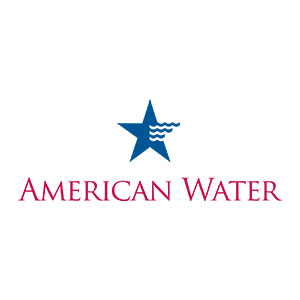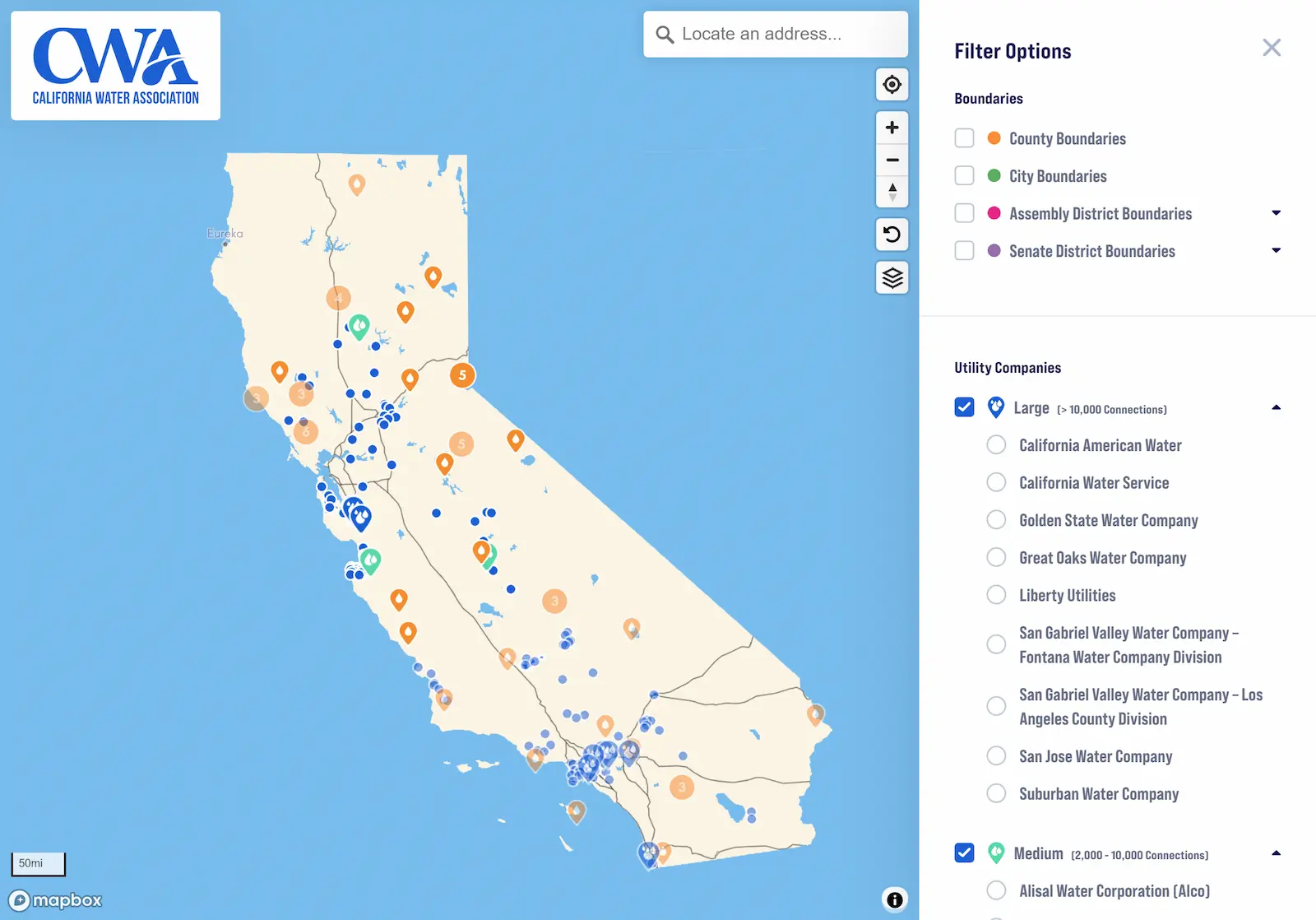SAN FRANCISCO – The California Supreme Court today unanimously ruled to protect important statutory and due process rights for water suppliers regulated by the California Public Utilities Commission (CPUC) and preserved decoupling, a tool to ensure that both cost savings and conservation benefits continue to be available for customers throughout California. The Court’s decision, delivered on July 8, 2024, responds favorably to the petitions of California-American Water Company (Cal-Am), California Water Service Company (Cal Water), Golden State Water Company (Golden State), Liberty Utilities Corporation, and the California Water Association (CWA), which collectively serve over 6 million customers, approximately 15% of California’s water users. The utilities argued that the CPUC failed to provide them with proper notice that the CPUC was considering eliminating decoupling, depriving stakeholders of an opportunity to present evidence in favor of the rate-making tool.
The Court found the CPUC failed to follow procedures mandated by the Legislature and the CPUC’s own rules, thereby eliminating an important rate-making mechanism, decoupling, without providing adequate notice. This lack of notice prevented the water utilities from presenting evidence that support this essential rate-making tool. Decoupling was initially introduced as a pilot program to allow utilities to promote conservation rates and programs without compromising revenue needed to maintain sustainable high-quality water systems.Decoupling has been used for nearly two decades. This mechanism is especially critical in California, where drought conditions and a hotter, drier future make water conservation more important than ever.
Jennifer Capitolo, Executive Director of the California Water Association, which represents 90 regulated private water utilities in the state, lauded the Supreme Court’s decision. “The regulatory process depends on procedural safeguards to ensure that water rates accurately reflect the true costs of providing service. This decision is essential for maintaining a fair and predictable regulatory environment for utilities and their customers,” Capitolo stated. “For utilities that use it, decoupling can be a crucial tool for promoting water conservation without compromising the financial stability of our utilities.”
Tia Fleming, Co-Executive Director for the California Water Efficiency Partnership agreed. “Maximizing efficient water use in California will only happen with helpful tools like a revenue adjustment and decoupling mechanism,” said Fleming. “With decoupling, California can better address its water affordability issues and meet its current and future water supply challenges.”
The Supreme Court’s decision follows oral arguments presented before the full Court on May 8, 2024, where the CPUC’s lawyer argued that the utilities were familiar with the rulemaking process and should have anticipated the proposed elimination of decoupling. However, the justices disagreed. “An informed observer would not reasonably have understood from the scoping memos in this proceeding that the Commission was contemplating the elimination of the Water Revenue Adjustment Mechanisms and Modified Cost Balancing Accounts.” Associate Justice Leondra Kruger wrote in the unanimous decision.
The ruling underscores the necessity for the CPUC to ensure utilities and other parties are given adequate notice and opportunity to respond to all potential challenges and changes to rate making processes. Despite a newly enacted state law allowing utilities to request decoupling mechanisms in future rate case applications, the Court emphasized that this does not diminish the CPUC’s responsibility to follow mandated procedures.
Golden State Water Co., California-American Water Co., California Water Service Co., and Liberty Utilities Corp. hailed the decision as a victory for fairness and regulatory transparency. “The Supreme Court’s ruling ensures that the regulatory process is transparent and all parties are given a fair chance,” said Joe Karp, who represented all the petitioners at the May 8 oral argument. “This decision reinforces the importance of due process and procedural integrity in regulatory decisions.”
For more information, please contact Sarah Musiker, California Water Association, Director of External Affairs and Partnerships:
Email: Smusiker@calwaterassn.com
C: 510-295-8855





